If you're like us, you're all about getting that sun-kissed glow without the damage of harmful UV rays. After all, sun damage = lizard skin. Not a good look... That's why we're obsessed with getting a tanned glow without the risk of sunburn and skin damage. But all this self tanning begs the question, should you wear sunscreen with self tanner? Or maybe you've wondered if glow = sun protection? Let's dive in and explore whether or not your self tanner alone is enough to keep you protected during those long summer days at the beach.
Understanding Self Tanner
In the realm of clean beauty, self tanners have revolutionized our approach to achieving a bronzed look. They work using an ingredient called dihydroxyacetone (DHA), which reacts with the amino acids in your skin, causing it to darken. It’s important to remember, however, that while self tanners provide great color, they won't protect you from the sun. That's because, while many clean beauty self tanners are made for hydrating skin while darkening it's hue, they don't include the necessary SPF ingredients to ward of sun damage. So, make sure to keep up with your sunscreen routine no matter how often you use self tanner.

The Role of Sunscreen in Skincare
Sunscreen is an essential part of any skincare regimen. It forms a protective shield on your skin, blocking harmful UVA and UVB rays that cause sunburn, premature skin aging, and skin cancer. Regardless of your skin tone, or if you've used a self tanner, wearing sunscreen daily is critical for healthy and protected (not to mention youthful) skin.
Pairing Self Tanner with Sunscreen
So, should you wear sunscreen with self tanner? Absolutely.
While self tanners darken your skin, they don’t provide sun protection. It's crucial to continue to apply a broad-spectrum sunscreen, even after using a clean, hydrating self tanner. This ensures your skin is protected from sun damage while maintaining your bronzed look.
Here's a quick tip: if you plan on being outside for a while, apply your self tanner at least a few hours (or the night) before you plan to apply your sunscreen. This allows the self tanner to fully absorb and develop without getting streaky or blotchy from interacting with your sunscreen.

Benefits of Combining Sunscreen with Self Tanner
When you pair your favorite clean beauty self tanner with a high-quality sunscreen, you're not just maintaining a beautiful tan. You're also:
- Protecting your skin from harmful UV rays.
- Reducing the risk of premature skin aging.
- Lowering your chances of developing skin cancer.
The SPF / Self Tanner Verdict . . .
Achieving a radiant tan doesn't mean you have to risk your skin's health. In the world of clean beauty and skincare, you can have the best of both worlds. So yes, you should wear sunscreen with self tanner. It's time we put the health of our skin first, embracing the sun-kissed look responsibly.
Using a broad-spectrum sunscreen with an SPF of 20 or greater is crucial for UVA and UVB protection. This is true with natural tans as well as with the fake varieties. SPF is ALWAYS a good choice!
Sea Salt Waves + SPF,
Jenny
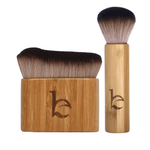







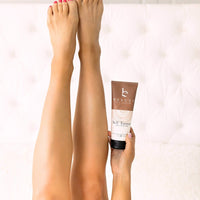








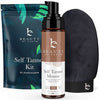

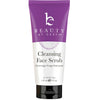


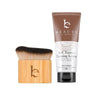









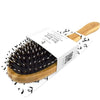
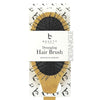
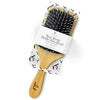

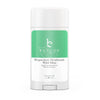




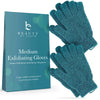
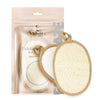
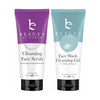










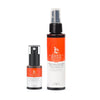




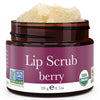
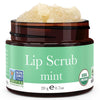
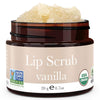





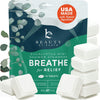
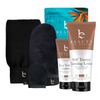
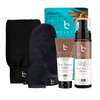














join the conversation
I thought minimal sun exposure is actually good for you and all the chemicals in sunscreen are actually worse than the sun.
I used another self tanner that also had SPF 40 but later realized that it had avobenzone so I stopped using it. It was very practical because it had self-tanner and sunscreen in one.
Can you make one that’s mineral so you have the self-tanning effect+ sunscreen protection all in one product?😁